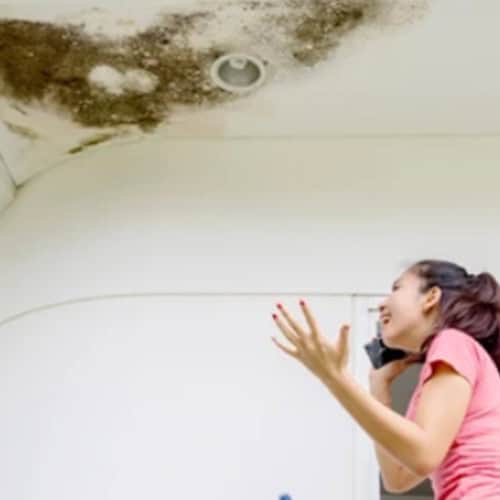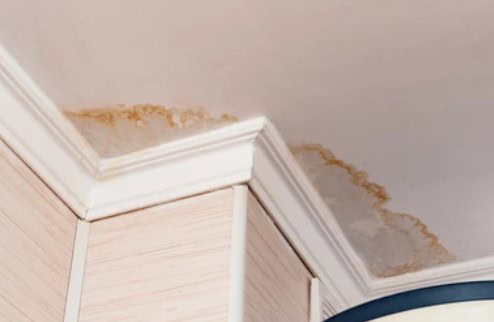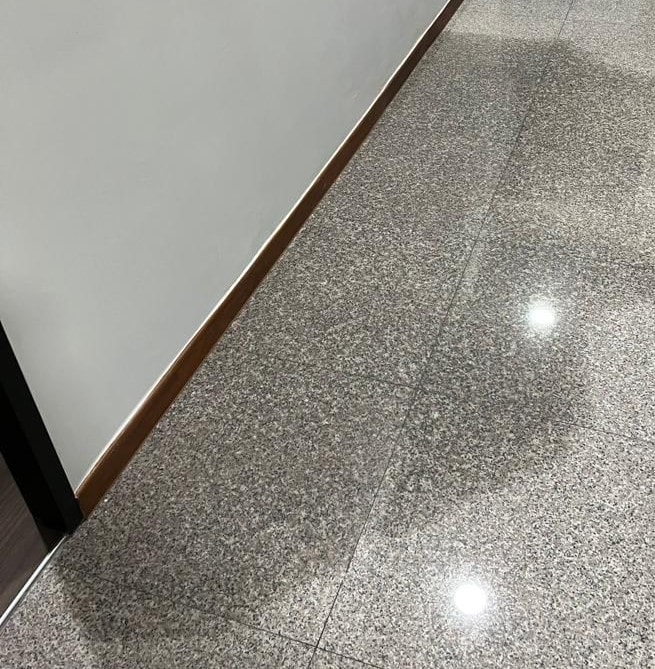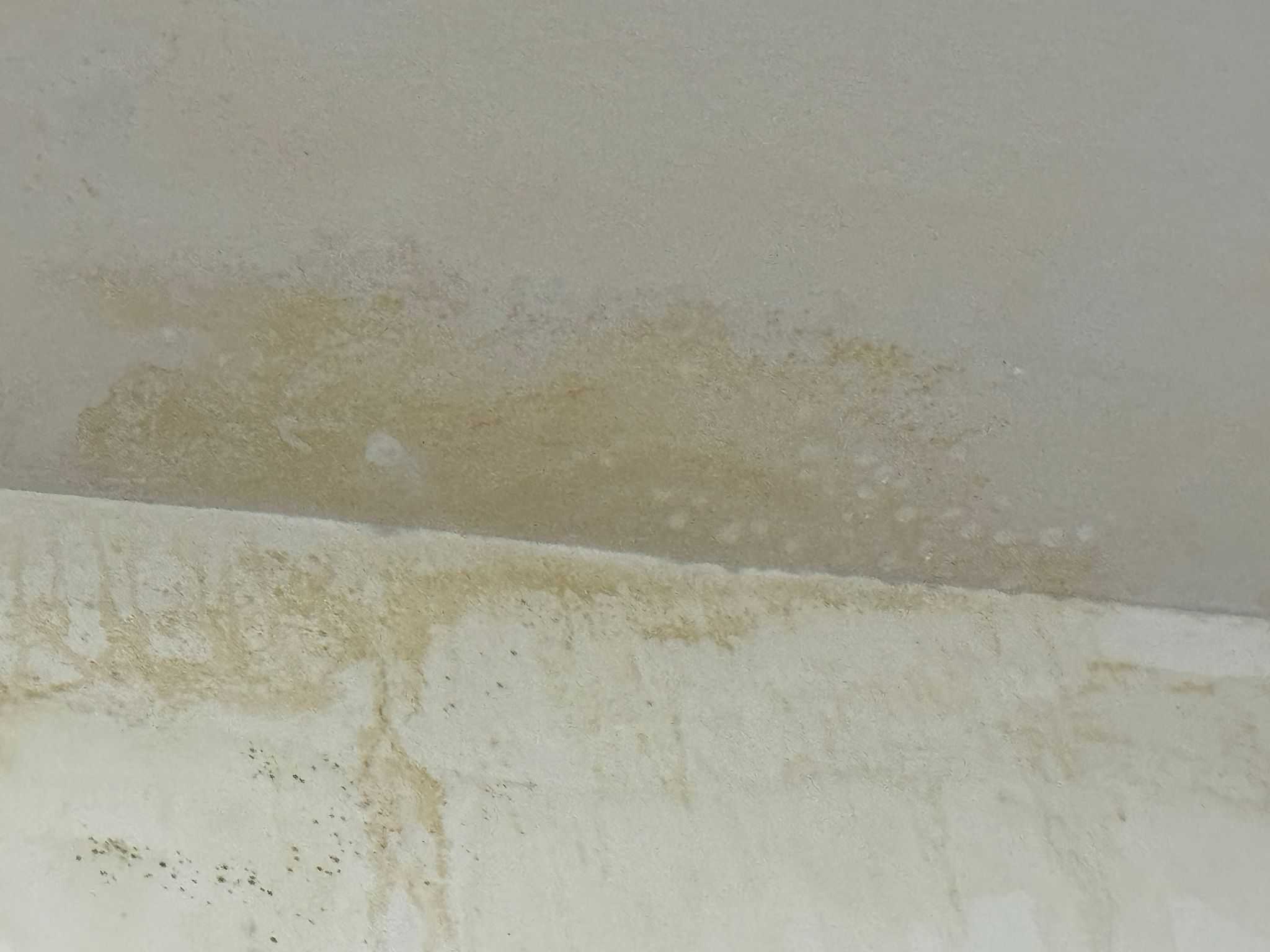Waterproofing issues are a common concern in Singapore condos, and understanding who is responsible for repairs and how to resolve them is crucial for every homeowner.
While water leaks can be a headache for any condo owner, the good news is that many of them can be prevented through proactive maintenance. By understanding the legal framework, the types of water leaks, and the available repair solutions, condo owners can navigate water leak issues effectively, protect their investments, and maintain a comfortable living environment. This approach saves you from costly repairs and ensures a safer and more comfortable living environment.
Early detection and prompt action are key to preventing costly repairs and ensuring a watertight home.
Common types of water leakeage in Condos
In Singapore condos, various types of common water leaks can occur, posing challenges for homeowners and property management alike. Understanding the different types of water leaks is essential for prompt detection and effective resolution. Here are some of the most prevalent water leak issues that can affect Singapore condos:
Inter-Floor Leak:
Inter-floor leaks occur when water seeps through the floor of one unit to the ceiling of the unit below. This type of leak can result from faulty waterproofing in bathrooms, kitchens, or utility areas. It can lead to water stains, ceiling damage, and mold growth if not addressed promptly.
Signs: Water stains, dampness, or dripping on the ceiling of the lower unit, often accompanied by a musty smell. The source is usually the bathroom, kitchen, or utility area of the upper unit.
How to Identify: Check for signs of water damage on the ceiling, particularly near plumbing fixtures or areas where water is frequently used. If the leak is recent, you might see water droplets falling from the ceiling
External Wall Seepages:
External wall seepages occur when water penetrates the exterior walls of a condo unit, typically due to cracks in the building’s facade or inadequate waterproofing. These leaks can cause dampness, discoloration, and structural damage if left unresolved.
Signs: Dampness, discoloration, peeling paint, or mold growth on the exterior walls of the condo unit.
How to Identify: Inspect the exterior walls for any cracks, gaps, or areas where the sealant has deteriorated. Check for signs of water penetration around windows, doors, and balconies.
Pipe Leak:
Pipe leaks are a common issue in condos and can stem from aging pipes, poor installation, or accidental damage. Leaking pipes can cause water damage to walls, floors, and ceilings, leading to mold growth and potential structural issues if not fixed promptly.
Signs: Water dripping, pooling, or running down walls, ceilings, or floors. You might also hear a hissing or gurgling sound from the pipes.
How to Identify: Listen for unusual sounds coming from the pipes, particularly after using water fixtures. Check for dampness or water stains around pipes, especially in concealed areas like walls or cupboards.
Bathroom Leak:
Bathroom leaks are often caused by faulty waterproofing in shower areas, bathtubs, or sink areas. Water leaks in bathrooms can lead to tile damage, mold growth, and structural issues if not detected and repaired promptly.
Signs: Water stains, dampness, or dripping on the walls, floor, or ceiling of the bathroom. You might also see water pooling in the shower area or around the bathtub.
How to Identify: Check for signs of water damage around plumbing fixtures, especially in the shower area and around the bathtub. Look for cracks in the sealant, loose tiles, or signs of water seeping through the grout.
Roof Leak:
Roof leaks can occur in condos with flat roofs or shared roof structures. Damaged or improperly sealed roof membranes, clogged drains, or deteriorated flashing can allow water to enter the building, causing water stains, ceiling damage, and potential structural issues.
Signs: Water stains, dampness, or dripping on the ceiling, especially after heavy rainfall. You might also see water pooling on the roof itself.
How to Identify: Inspect the roof for any cracks, holes, or areas where the sealant has deteriorated. Check for clogged gutters or damaged flashing around chimneys or vents
Balcony Leak:
Balcony leaks are a common problem in condos, especially in high-rise buildings. If not addressed promptly, waterproofing issues on balconies can result in water seepage to the unit below, leading to ceiling damage, mold growth, and potential structural issues.
Signs: Water stains, dampness, or dripping on the ceiling of the unit below the balcony. You might also see water pooling on the balcony itself.
How to Identify: Inspect the balcony for any cracks, gaps, or areas where the sealant has deteriorated. Check for clogged drains or damaged waterproofing around the perimeter of the balcony.
Ceiling Leak:
Ceiling leaks can occur due to various factors, including roof leaks, pipe leaks, or inter-floor leaks. Water stains, sagging ceilings, and visible water dripping are common signs of a ceiling leak, highlighting the need for immediate investigation and repair.
Signs: Water stains, dampness, or dripping on the ceiling. You might also see water pooling on the floor below the leak.
How to Identify: Check for signs of water damage on the ceiling, particularly near plumbing fixtures, roof areas, or balconies. If the leak is recent, you might see water droplets falling from the ceiling.
Who is responsible for water leakage in Condo?
In Singapore condos, the responsibility for damage caused by individual water leakage typically falls on the unit owner where the leak originates. Each unit owner is generally responsible for maintaining their own unit, including the plumbing, fixtures, and waterproofing systems within their premises.
When a water leak occurs within a unit and causes damage to the unit itself or neighboring units, the owner of the unit where the leak originated is usually accountable for the repair costs and any consequential damages. It is essential for condo owners to promptly address any water leakage issues within their units to prevent further damage and mitigate potential disputes with neighboring unit owners or the Management Corporation Strata Title (MCST).
To determine liability and responsibility for water damage caused by individual leaks in Singapore condos, it is crucial to refer to the specific provisions outlined in the Strata Titles Act and the condominium’s by-laws. These regulations typically detail the responsibilities of individual unit owners in maintaining their units and addressing any issues that may impact the common property or neighboring units.
In cases where water leakage originates from common areas or shared facilities, such as the building’s roof, plumbing risers, or external walls, the responsibility for repairs and damages may fall under the purview of the Management Corporation or MCST. Clear communication, documentation, and adherence to the condominium’s rules and regulations are key to resolving disputes related to water leakage and ensuring that the responsible party bears the appropriate costs for repairs and restoration.
By understanding and upholding their responsibilities as unit owners, residents can contribute to a harmonious living environment, prevent water damage incidents, and facilitate the timely resolution of any water leakage issues that may arise in Singapore condos.
Who pays for water leaks in Condo?
The responsibility for water leakage in common areas in Singapore condos is typically not solely borne by the Management Corporation Strata Title (MCST). Individual unit owners are generally accountable for damage caused by water leaks originating within their units, even if the leakage affects common areas or neighboring units.
The Strata Titles Act and the by-laws of the condominium often outline the obligations of individual unit owners to maintain their units and address issues impacting common property or other units.
In Singapore condos, determining who pays for water leaks depends largely on where the leak originates:
Individual Unit Leaks:
- Responsibility: The unit owner where the leak originates is typically responsible for the repair costs and any consequential damages. This applies to leaks stemming from faulty plumbing, fixtures, or inadequate waterproofing within their unit.
Example: A burst pipe in your kitchen causing water damage to your unit and the one below would be your responsibility.
Common Area Leaks:
- Responsibility: The Management Corporation Strata Title (MCST) is generally responsible for repairs and damages caused by leaks originating in common areas like the roof, shared plumbing risers, or external walls.
Example: A leak from the building’s roof affecting multiple units would fall under the MCST’s responsibility.
Unit Owner’s Responsibilities
The unit owner in a Singapore condo has several responsibilities when it comes to water leakage and maintenance within their unit.
Maintaining Their Unit:
The unit owner is generally responsible for maintaining their own unit, including the plumbing, fixtures, and waterproofing systems within their premises.
Addressing Water Leaks:
If a water leak occurs within their unit and causes damage to their unit or neighboring units, the owner of the unit where the leak originated is usually accountable for the repair costs and any consequential damages.
Prompt Action:
It is essential for condo owners to promptly address any water leakage issues within their units to prevent further damage and mitigate potential disputes with neighboring unit owners or the Management Corporation Strata Title (MCST).
Compliance with By-laws:
Condo owners need to adhere to the specific provisions regarding water leaks outlined in the condominium’s by-laws. These may include procedures for reporting leaks, conducting inspections, and allocating repair costs.
Understanding Rights and Responsibilities:
It is crucial for condo owners to familiarize themselves with their specific condominium’s by-laws to understand their responsibilities and rights in case of a water leak.
By fulfilling these responsibilities, condo owners can contribute to a harmonious living environment, prevent water damage incidents, and facilitate the timely resolution of any water leakage issues that may arise in Singapore condos.
MCST’s Role
While the MCST has responsibilities related to overseeing and administering the common property of the condo, including maintenance, their primary focus is on managing the overall common areas of the development rather than addressing specific unit-level issues like leaks.
In strata-titled developments, there are specific examples of common area leaks that may not fall under the responsibility of the Management Corporation Strata Title (MCST). Some common disputes brought before the Boards include issues such as inter-floor water leakages, performance or failure to perform certain duties under the Building Maintenance and Strata Management Act (BMSMA) or by-laws, applications to convene meetings, invalidate resolutions passed by the management corporations, and car parking woes.
It is important to note that certain water leakage cases may involve disputes where the responsibility for repair and damages differs from the standard obligations of the MCST. Understanding the specific circumstances and legal framework surrounding these disputes is crucial for all parties involved to ensure proper resolution and accountability.
Management Corporation Strata Title (MCST) might be held responsible for leaks originating from individual units in a strata-titled property:
- Shared Pipes: If the leak occurs in a pipe serving two or more units, where the pipe is part of the common property, the MCST is responsible for repairing the leak.
- Inter-floor Leaks: In cases of inter-floor leaks, the presumption is that the leak originated from the upper floor unit unless proven otherwise. The owner of the upper floor unit would then have the duty to fix the leak.
- Common Property: If rainwater seeps in through an external building wall that is common property, the MCST will be responsible for necessary repairs.
It is important to note that the responsibility for leaks depends on the specific circumstances and the nature of the common property versus individual unit boundaries.
In recent years, water leakage cases in condominiums have been on the rise. Homeowners are encouraged to perform basic self-checks before contacting the management team or a professional waterproofing contractor for a comprehensive inspection and investigation.
Tired of battling persistent water leaks in your Singapore condo?
SWC construction offers a hassle-free solution to your water leakage woes! Our expert team specializes in identifying the source of leaks, providing swift and effective repairs, and ensuring long-lasting results. We understand the stress and inconvenience leaks cause, and we are committed to delivering peace of mind with our comprehensive services.
Don’t just take our word for it – check out the glowing reviews and positive feedback from satisfied clients online. We have excellent reviews and feedback online from satisfied clients who have experienced the peace of mind that comes with our services.
SWC Construction is a top waterproofing contractor in Singapore, providing cutting-edge and innovative waterproofing solutions for kitchens, bathrooms, balconies, roofs, and more, all customized to suit the unique requirements of your property.
Contact SWC today for a free consultation and let us help you reclaim a dry and comfortable living space and experience the difference.






